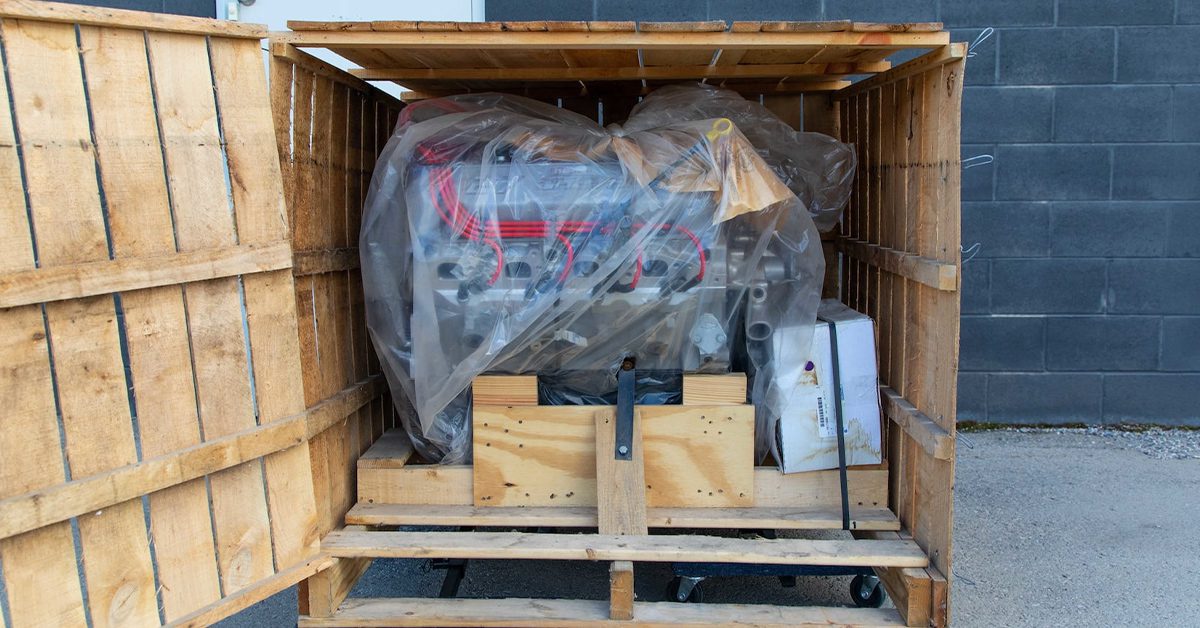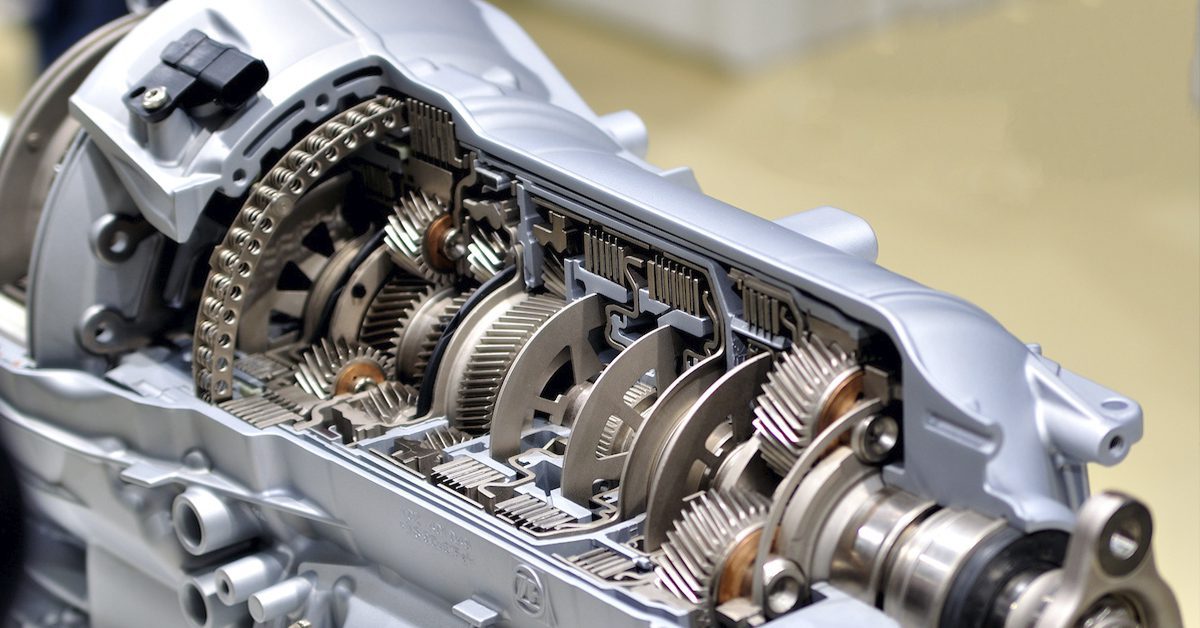NEW ENGINE, OR A NEW CAR? MAKING THE CASE FOR REPAIR VS. REPLACEMENT
NEW ENGINE, OR A NEW CAR? MAKING THE CASE FOR REPAIR VS. REPLACEMENT
Keeping a car in optimal operational condition is no simple task. It requires constant care and maintenance. Things like oil change, lubrication of mechanical parts, periodic tune-ups when recommended by the manufacturer, and repairing unexpected damage promptly so that it does not affect the proper functioning of the vehicle and increases the cost of repairs.
However, there is an almost irreplaceable auto component whose damage can sometimes exceed the entire vehicle’s value. And sometimes, it is challenging to determine if it’s worth repairing or performing a complete overhaul, especially in the long run. Of course, we are talking about the engine. A car’s engine is like the heart of every automotive vehicle.
And while there are many ways to take care of your engine, it still can be damaged through an accident or unexpected breakdown, and in that case, you might wonder if it’s time for a new engine or a new car.
Via Mecum Auctions
REPAIR COSTS OF MAJOR COMPONENTS
ENGINE
To determine the cost of repairing or replacing the engine, you need an experienced mechanic or technician to diagnose the damage and give you a repair estimate. For example, if a motor part is damaged, perhaps replacing it would be easier and less expensive. On the other hand, if poor care of the engine and its components has caused severe wear or damage, the entire engine will probably have to be replaced.
Engine overhauls typically cost less than an engine replacement. Although costs vary widely depending on your engine type and how much work it needs, according to the National Automobile Dealers Association (NADA), the average price is anywhere from $2,500 to $4,000.
If you buy a brand new engine from the factory and install it at the dealership, prepare to spend anywhere from $4,000 for a four-cylinder engine. A higher-performance engine could cost you up to $10,000.
Via The Car Doctor
Even if you’ve taken good care of your engine, some major and expensive repairs are unavoidable, sometimes because of excessive wear or time. For instance, since many automakers started using belts in timing kits instead of chains, this became a big-ticket item on high-mileage cars.
The timing belt will have to be replaced between 60,000 and 90,000 miles depending on the car, or between 4-5 years. At this point, most dealership service advisers will recommend replacing the car’s water pump, pulleys, and other drive belts. This repair job can cost between $600 and $1,000.
A severe engine failure is expensive, regardless of the car’s age. When this happens, many people opt to replace their vehicle instead of repairing it.
For example, you can get rebuilt or remanufactured engines for most brands at a reasonable cost (relative to your alternatives). For example, a remanufactured engine for your Chevrolet ranges from $1,500 (1984 Impala) to $4,500 (2020 Impala), which while a significant investment, almost assuredly costs much less than an entirely new vehicle.
Via Woodies



